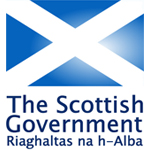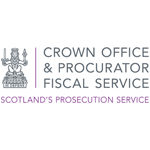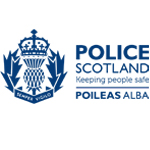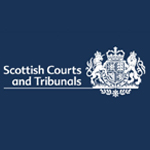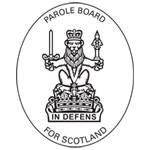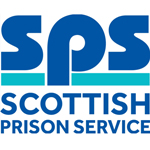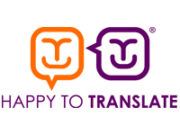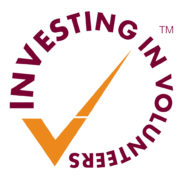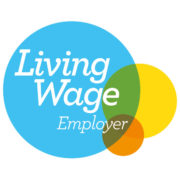Child victims and children’s rights
As part of Victims Awareness Week, Mary Glasgow reflects on the experiences of child victims and witnesses within Children 1st’s services and envisions a Scotland where children’s right to justice and recovery is realised.
When children and young people are victims of crime in Scotland many tell us that they feel at best ignored and at worst retraumatised by a justice system designed for adults by adults. Children and young people tell us that they face a court system that fails to recognise their needs and rights. Children who have already suffered the most horrifying experiences may have to retell their story in whole or in part to at least 14 different sets of professionals as they navigate the justice, health and child protection systems. They may have to wait months, years even, for a case to come to trial. All the while their lives on hold whilst they wait for justice.
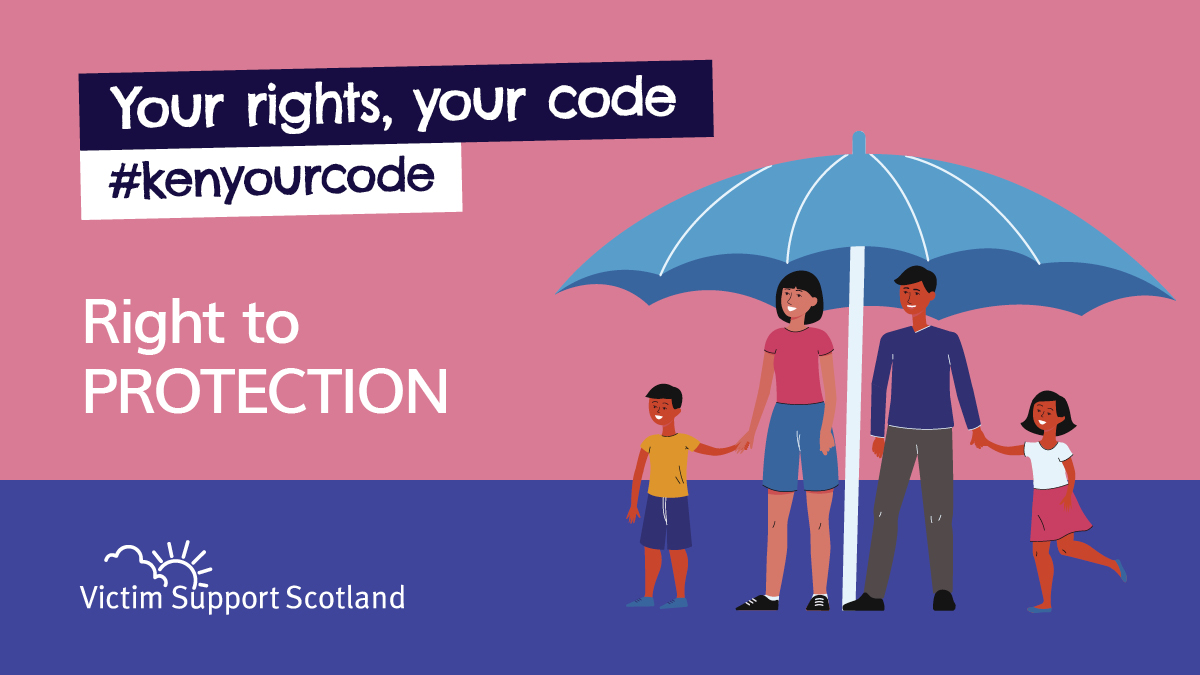
In the most serious cases, children are now able to give evidence through a TV link or screen following welcome legislation passed by the Scottish Parliament that came into force in January. But, a courtroom is never a place for a child, whatever the case. The combative nature of cross-examination is confusing and upsetting for a child. Our current system can re-traumatise child victims and witnesses of crime, fails to get their best evidence to ensure that abusers are convicted and when, a trial is concluded, there is no guarantee they will receive the trauma recovery support they and their family need. This does nothing for the interests of Scottish justice and causes real harm to children.
Unless we take radical action now to reform what happens when a child speaks up, we are fundamentally failing children and not realising their rights. The First Minister has committed to incorporating the United Nations Convention on the Rights of the Child (UNCRC) into Scots Law before the next Scottish Parliamentary election. Principles such as listening to children’s voices and having their best interests taken into account will be embedded into our domestic law in Scotland, and public body must comply with them.
What does this mean for child victims of crime in Scotland? For the first time, there will be a legal route to challenge public bodies if they fail to properly respect and uphold children’s rights. This means that children’s right to physical and psychological recovery (as set out in article 39 of the UNCRC) will be protected by law—and that politicians and decision makers will have to consider how to make that real in practice. For Children 1st we believe that the way child victims’ rights must be realised is through access to a Scottish Barnahus.
Children 1st has long called for a Barnahus, or Child’s House, approach in Scotland — a one-stop shop which provides all the care and support a child and their family need, bringing services to the child rather than the child to the different services. By uniting the care, protection and justice response, a child’s best evidence is captured, without harm and without prejudicing a fair trial. This transformational, rights-based approach will require significant infrastructure and investment, but I believe it will mean fewer children and families suffer the long- term, traumatic effects exacerbated by the existing system.
Both the Scottish Courts and the Cabinet Secretary for Justice recognise the ‘compelling case for changing’ our system. Indeed, Humza Yousaf has specifically said “we want to have a Barnahus”—referring to the Scandinavian Child’s House approach.
But there is an urgency to this recognition. Children’s right to justice, to care and to protection must be realised through access to a Barnahus approach that brings together the broader ambitions policy makers, service providers and ourselves at Children 1st have for children. Better multiagency working, more effective use of services, early intervention and support and ensuring core entitlements for children’s participation must be embedded in policy and practice. There are many different versions of the Barnahus across Scandinavia and indeed in the United States. It’s time to unite the best parts of these with the best of our own systems.
It would also send a strong message about society’s commitment to addressing all forms of child abuse and violence, and to supporting children to recover from trauma.
In Iceland they believe the Barnahus encourages children to speak up about abuse. Just having a resource like Barnahus shows abuse will not be tolerated. It shows that when children do speak up, they will get the justice, care and support that they and their family need, when they need it.
Within the failures of the past, we need to find a positive legacy for the future – let’s start with a Scottish Bairn’s House
Mary Glasgow is Chief Executive of Scotland’s national children’s charity, Children 1st. Children 1st works alongside families to provide relationship-based support and to help children and families to recover from the trauma associated with childhood adversity.
Victims Awareness Week 2020
Find out more about your rightsLatest news and blogs
-
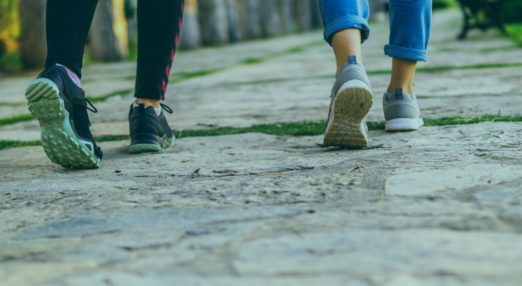
Emergency Early Release
Victim Support Scotland can help you find out if the prisoner in your case will be released as part of Emergency Early Release regulations announced in June 2024.
Read more
-
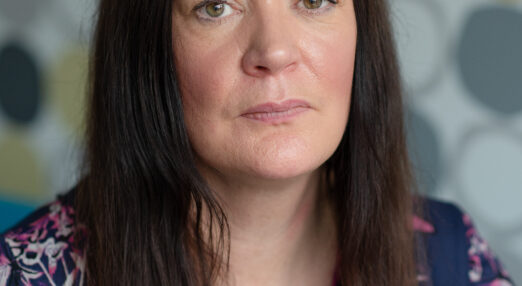
Further Statement on the Emergency Early Release of Prisoners
Victim Support Scotland is deeply concerned about the Emergency Early Release of prisoners, following evidence given to the Criminal Justice Committee today.
Read more
-
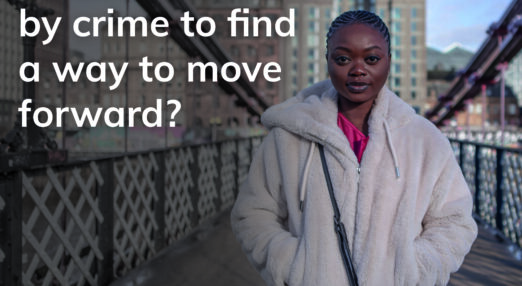
Call for volunteers to support victims and witnesses of crime across Scotland
Nationwide recruitment drive targets 200 more volunteers with new flexible volunteering initiative
Read more
-

Statement on emergency release of prisoners
Victim Support Scotland is extremely concerned about Scottish Government plans for the emergency release of prisoners.
Read more
-
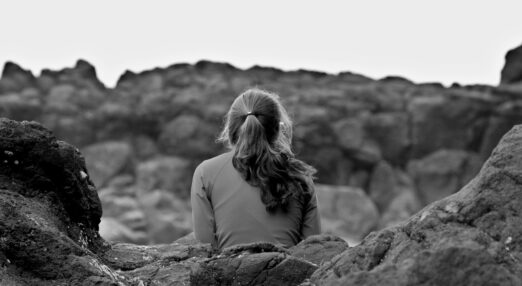
Children (Care and Justice) (Scotland) Bill: Stage 3 Debate
At Wednesday’s debate on Stage 3 of the Children (Care and Justice) (Scotland) Bill, we’re asking members of the Criminal Justice Committee to consider the rights of victims who are harmed by 16 and 17-year-olds. Read our briefing to MSPs.
Read more
-
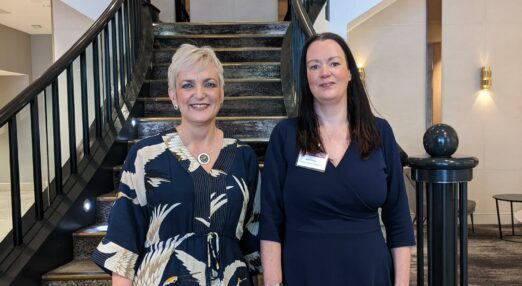
Remote evidence suites
Victim Support Scotland receives £500,000 funding from Scottish Government for specialist remote evidence suites
Read more
-
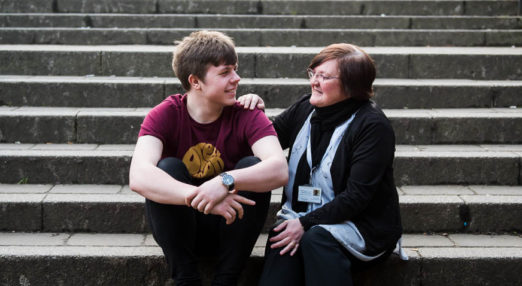
Victims, Witnesses, and Justice Reform Stage 1 debate
At today’s debate on Stage 1 of the Victim’s, Witnesses, and Justice Reform (Scotland) Bill, we’re asking members of the Criminal Justice Committee to keep victims’ views at the heart of their decision-making. Read our briefing to MSPs:
Read more
-
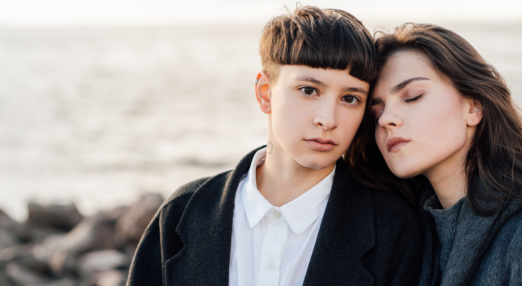
Victims’ charity seeks support to uphold victims’ rights
Victim Support Scotland, Scotland’s leading national charity for victims, is urging MSPs to consider victim support and information needs in the Children (Care and Justice) (Scotland) Bill as the debate of Stage 3 of the Bill approaches on 24 April.
Read more
-
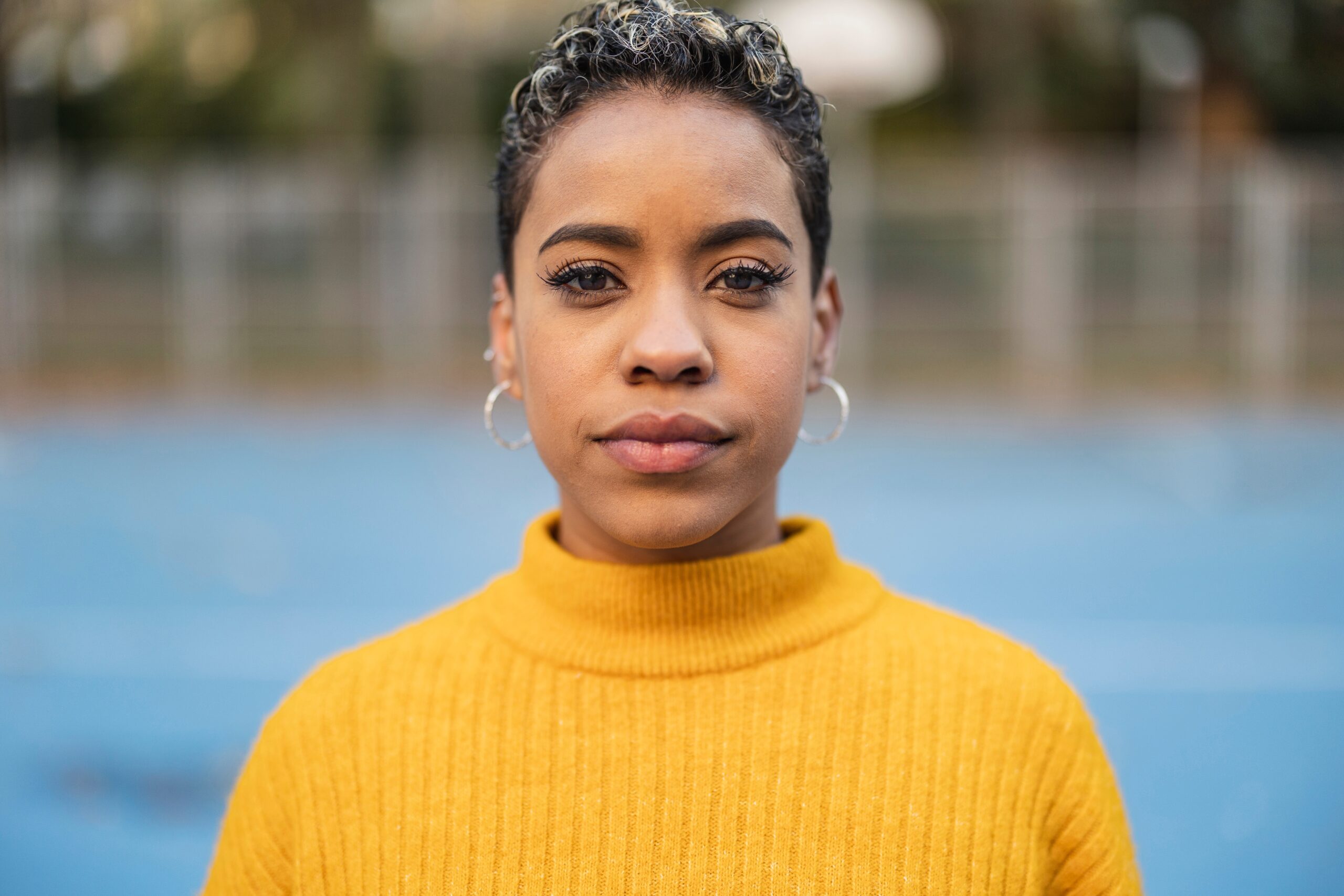
Join Victim Support Scotland as a charity Trustee
Are you an exceptional leader, ambitious for change to improve victims’ and witnesses’ experiences of the criminal justice system? Leading charity VSS is looking for high calibre and committed professionals to join our Board of Trustees.
Read more
-
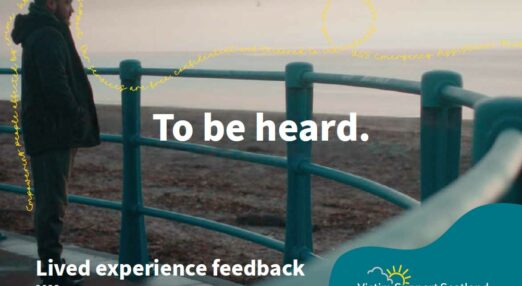
The importance of feedback
We always seek to hear from individuals affected by crime about their experiences with our services. This is crucial to ongoing learning and improvement within our work and in informing others about how our support can make a difference. We particularly encourage those who have experienced harm caused by children and young people under 18 to share their views.
Read more
-
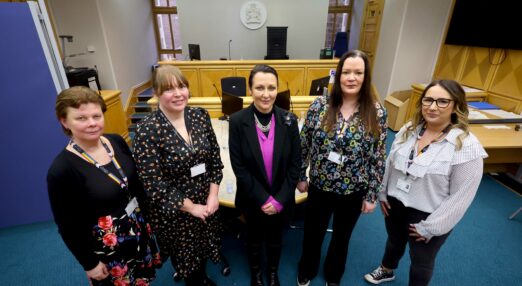
Minister goes to court to learn about services for victims and witnesses
As part of Victims’ Awareness Week, Minister for Victims and Community Safety Siobhian Brown visited Edinburgh Sheriff Court for a familiarisation visit.
Read more
-
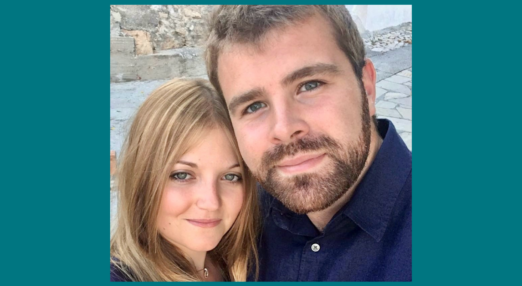
Bex’s story
Read more

